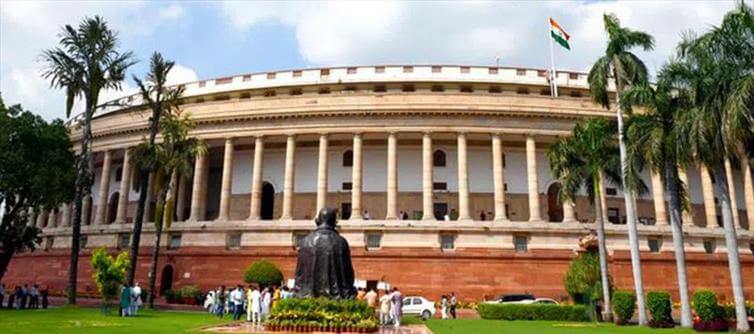
The central government has introduced the Nari shakti Vandan Bill in the Lok Sabha. But there is still some
time for it to become a law. Actually, a constitutional bill becomes a law when it is passed in both the houses
and it gets the seal of consent of more than half of the states as well as the signature of the President and a
notification is issued by the President for it. Only after this happens, it is implemented uniformly in the entire
country.
However, whenever a bill comes in the lok sabha, words like Act, Bill, Law and Ordinance are mentioned. So
today in this article we will tell you what is the difference between Act, Ordinance and Bill.
What is a bill?
Until a law is passed by the lok sabha and the rajya sabha, it is called a bill. For example, the Central
Government has just introduced the Nari shakti Vandan Bill in the Lok Sabha. When it is passed it will become
an Act. However, if you are thinking that when a bill is passed by both the houses, it automatically becomes a
law, then you are wrong. In fact, before any constitutional bill becomes a law, it becomes an Act and its final
process makes it a law.
Now understand the difference between act and law
Actually, for any bill to become an Act, it has to be passed in the lok sabha and the rajya sabha first and along
with it, it has to be approved by more than half of the states as well as signed by the President and a notification
is issued by the President for it. It is also mandatory to go. Only after this entire process a bill becomes an act.
However, this law is not accepted until it is implemented on the ground. To put it plainly, any bill has to pass
three stages to become a law. That means first the bill, then the act and finally the law is made.




 click and follow Indiaherald WhatsApp channel
click and follow Indiaherald WhatsApp channel